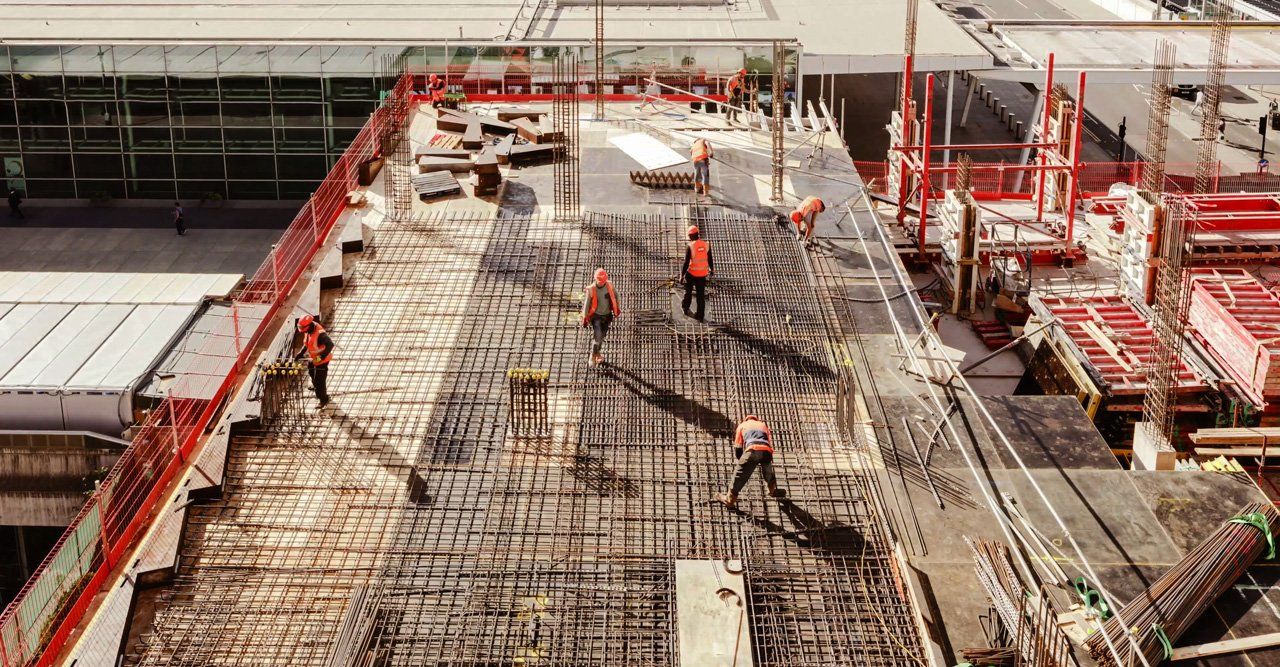
Often, becoming a contractor means starting your own small business. How can you protect yourself from potential liability? As a small business owner, you need insurance as your first line of protection. Your insurance will protect you from accidents, work-related injuries, and mistakes. Here are some of the insurance policies you can expect to use as a general contractor.
Contractor General Liability Insurance
General liability insurance is the main type of business insurance for most small business owners and professionals. For contractors, a special type of contractor insurance is available. This insurance includes potential incidents related to contracting specifically, such as property damage employees caused.
While any general liability insurance package can work for you, a specialized policy is often worthwhile. A contractor is not required to hold GLI to operate in California (they just need to be appropriately licensed and bonded). However, if you do not have GLI, you can find yourself personally
responsible for any incidents that occur.
Professional Liability Insurance
Professional liability insurance is also known as errors and omissions insurance. Sometimes you may make an honest mistake on a job that could cause damage to property or even cause injury to someone else. Personal liability insurance protects you from related claims.
Like GLI, it is not required, but having professional liability insurance is highly advisable. PLI can provide funding for any legal fees due to claims and pay out in the event that you truly were liable. An example of an error or omission could be failing to educate a customer on risks of a job, leading to someone needing medical attention.
Commercial Automobile Insurance
Many contractors use their personal vehicle as their work vehicle. Others have work trucks available. Either way, a commercial auto policy is often valuable to have.
A commercial auto policy is just like a personal auto policy, but often has higher coverage limits. Consider the potential value of any equipment that you might tow or transport or the amount of damage a commercial truck could do.
Builder's Risk Insurance
Builder's risk insurance is a special type of policy that covers a building when construction or repairs happen. A building undergoes different risk factors when it is under construction. Storm damage may be more severe, vandals may visit the site, and people could steal things when the area is vacant.
Sometimes a standard insurance policy either does not cover this or will not kick in until the property is complete. Though builder's risk insurance is not a requirement of contracting, this is a good idea for any contractor who commonly works on sites long-term. For contractors who do faster jobs (such as carpet installers), builder's risk insurance is not as necessary.
Worker's Compensation Insurance
If you have employees, you need worker's compensation insurance. Worker's compensation insurance covers you in the event that an employee receives an injury during their work. That applies even if the employee gets injured due to their own actions.
If you are your own employee, then you do not need worker's compensation insurance. However, you may still want to get some type of temporary disability and long-term disability insurance, as you won't be able to work if you are injured.
Once you become a contractor, you can bundle many of the above insurance packages into a single insurance package. Of course, you will also need to have the right licenses and bonds. Becoming a general contractor is a very rewarding process, but also a complex one.
To find out more about the requirements of becoming a contractor, check out the classes at Golden State Contractors School today. Call us if you have any questions.











